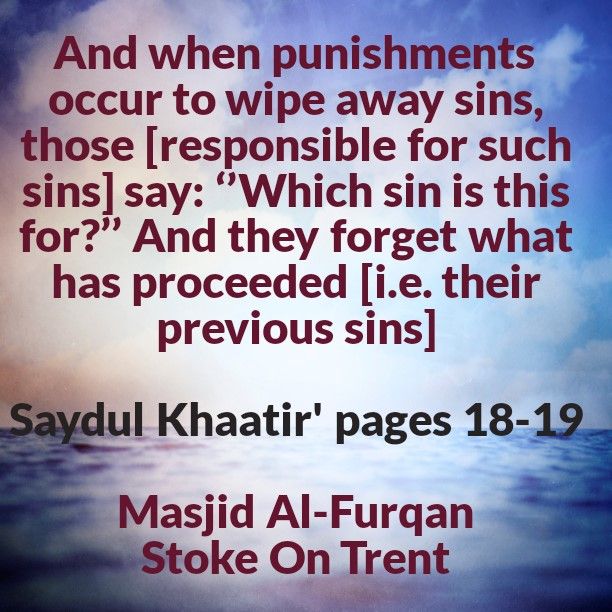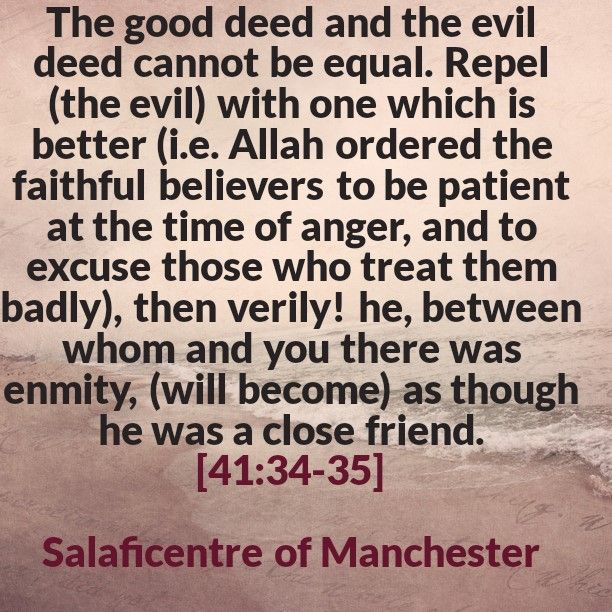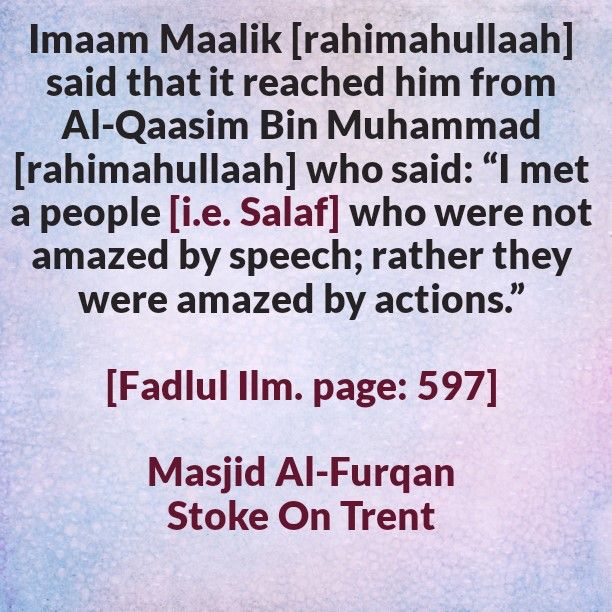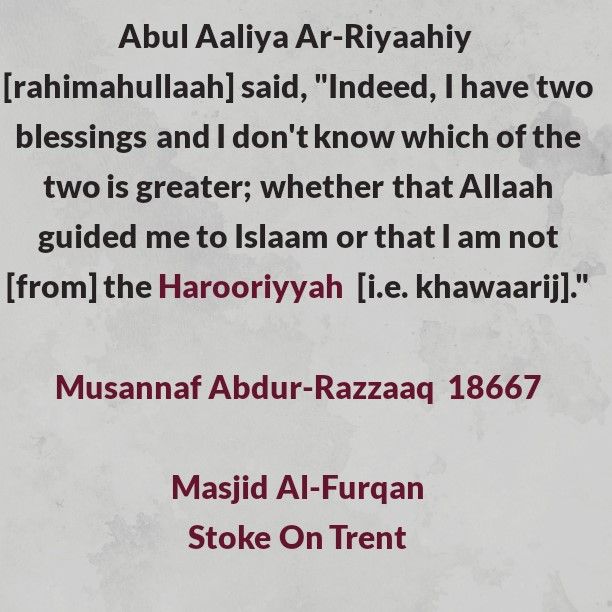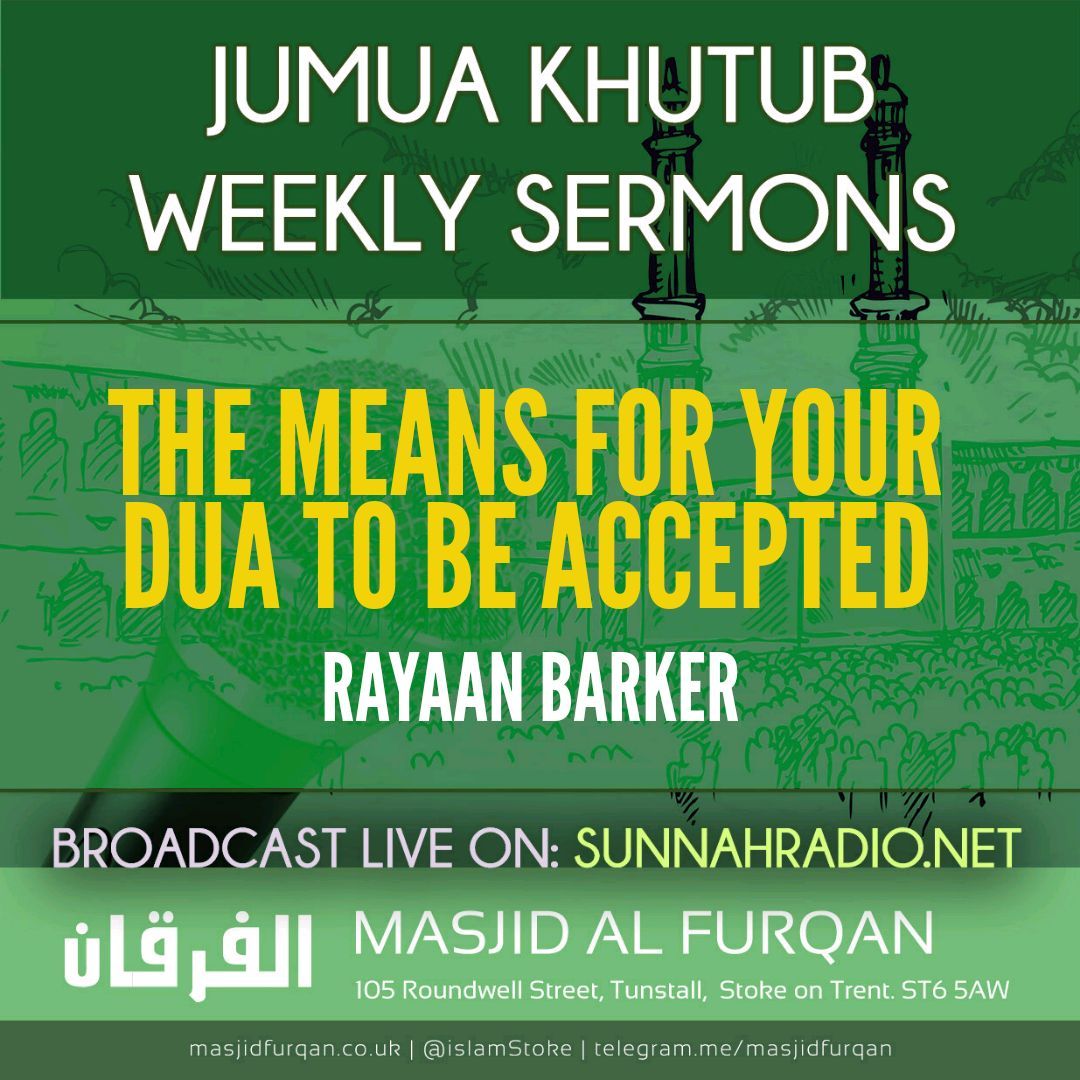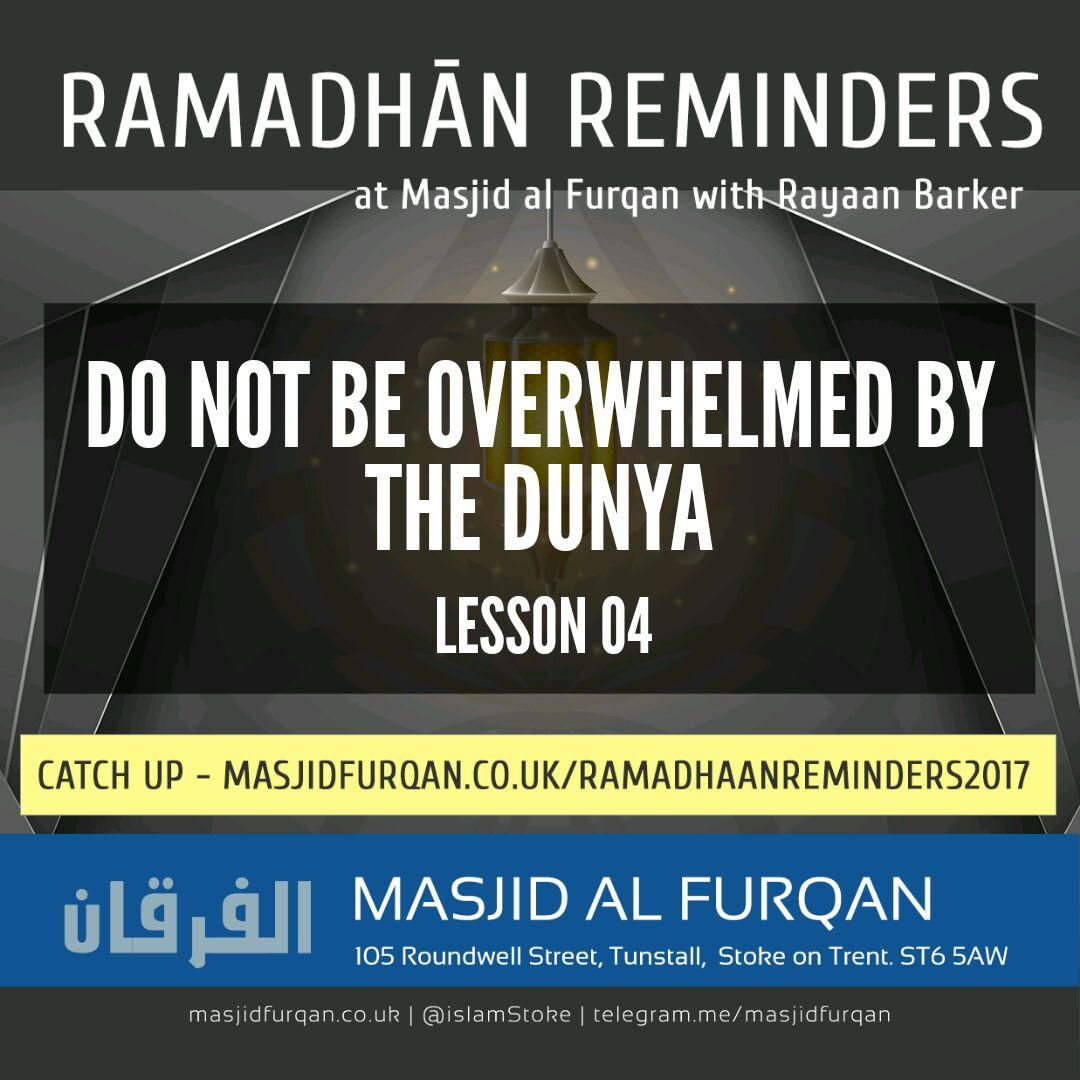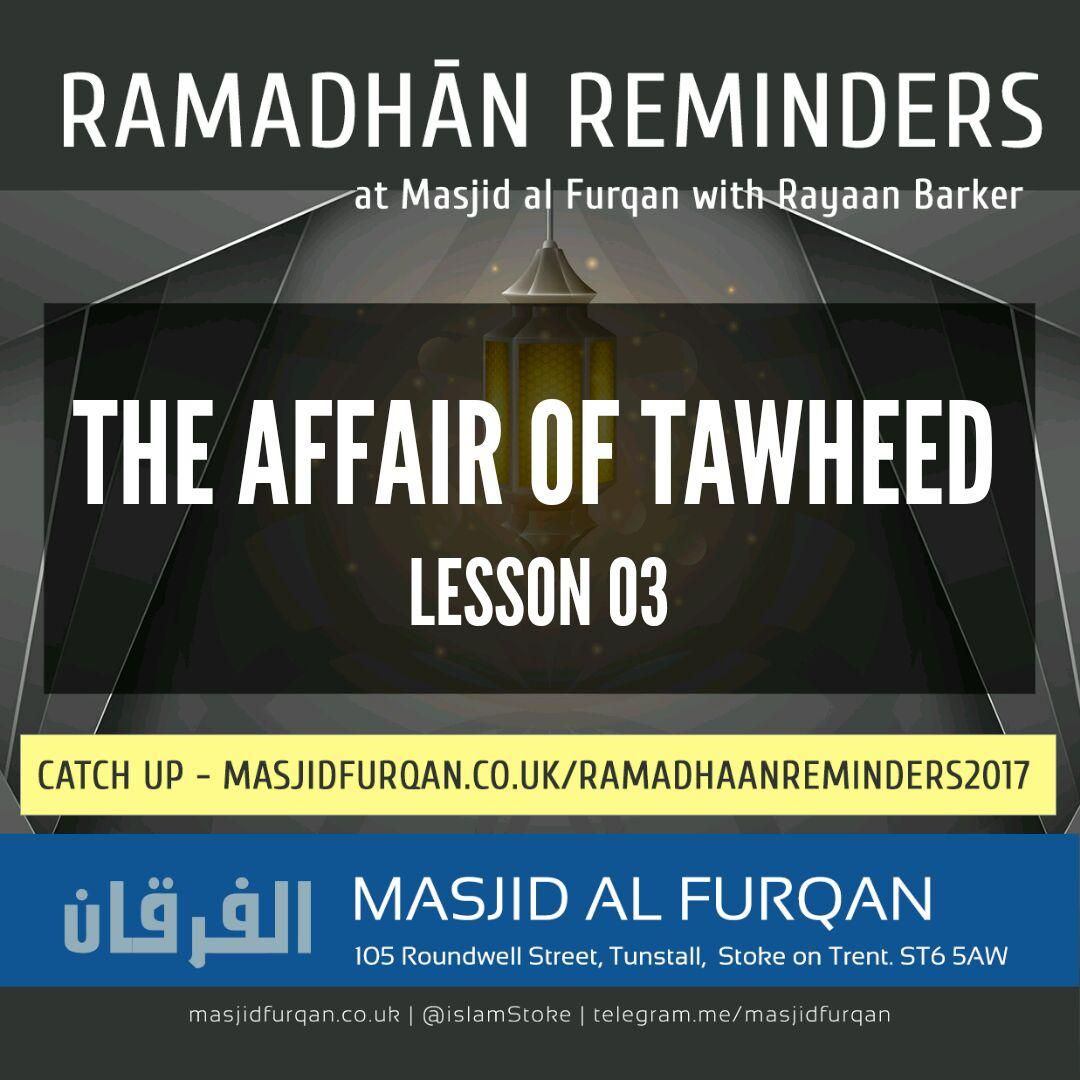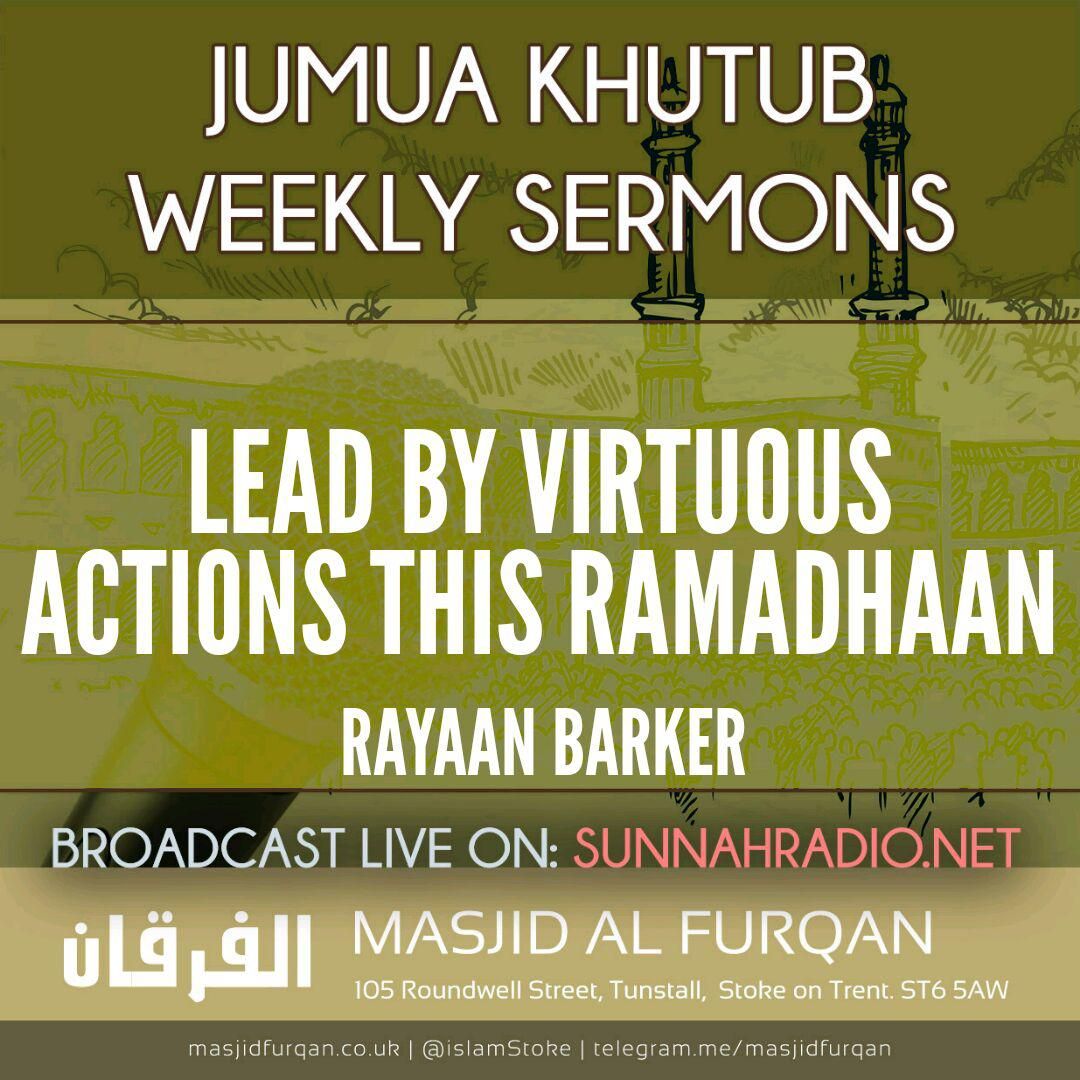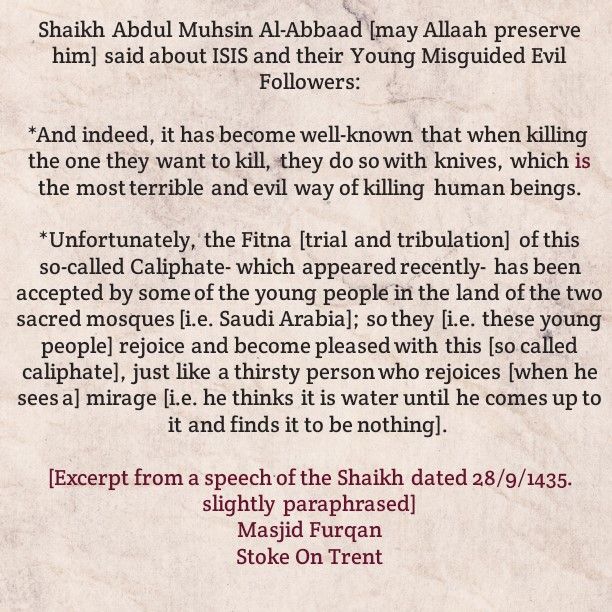Being Forgetful or Oblivious of One’s Previous Sins When Calamity Occurs- By Imaam Ibnul Jawzi [rahimahullaah]
In The Name of Allaah, The Most Merciful, The Bestower of Mercy
Imaam Ibnul Jawzi [rahimahullaah] said: A thought came to my mind regarding the calamities, hardships and great afflictions that takes place in the world; so I said: Glorified is Allaah and free is He from all imperfections! Indeed, Allaah is The Most Generous of all those who show generosity, and generosity necessitates forbearance and forgiveness. So, how do we look at those punishments? I contemplated and saw that the presence of many people is as if they do not exist- neither do they study the evidences about the Oneness of Allaah nor do they abide by the commandments and prohibitions of [Allaah]; rather they carry on in their habits like cattle. And unless the Islamic legislation agrees with what they want, otherwise they cling to selfish interests. And after obtaining the Deenaar [money], they do not care whether it was [earned] through lawful or unlawful [means]. They pray when it is easy for them, otherwise they abandon the prayer. Amongst them are those who openly commit great sins, whilst being aware of its prohibition. And it may be that there is a scholar with robust understanding, but his sins are grave indeed. So, I came to know that even when the punishments are great, they are lesser [in severity] than their crimes. And when punishments occur to wipe away sins, those [responsible for such sins] say: ‘’Which sin is this for?’’ And they forget what has proceeded [i.e. their previous sins]. An old man becomes so insignificant to the extent that the hearts become sympathetic, whilst he is unaware of the fact that this is due to not giving importance to the commandments of Allaah in his youth.
[Source: Saydul Khaatir: page: 18-19. Abridged & slightly paraphrased]
